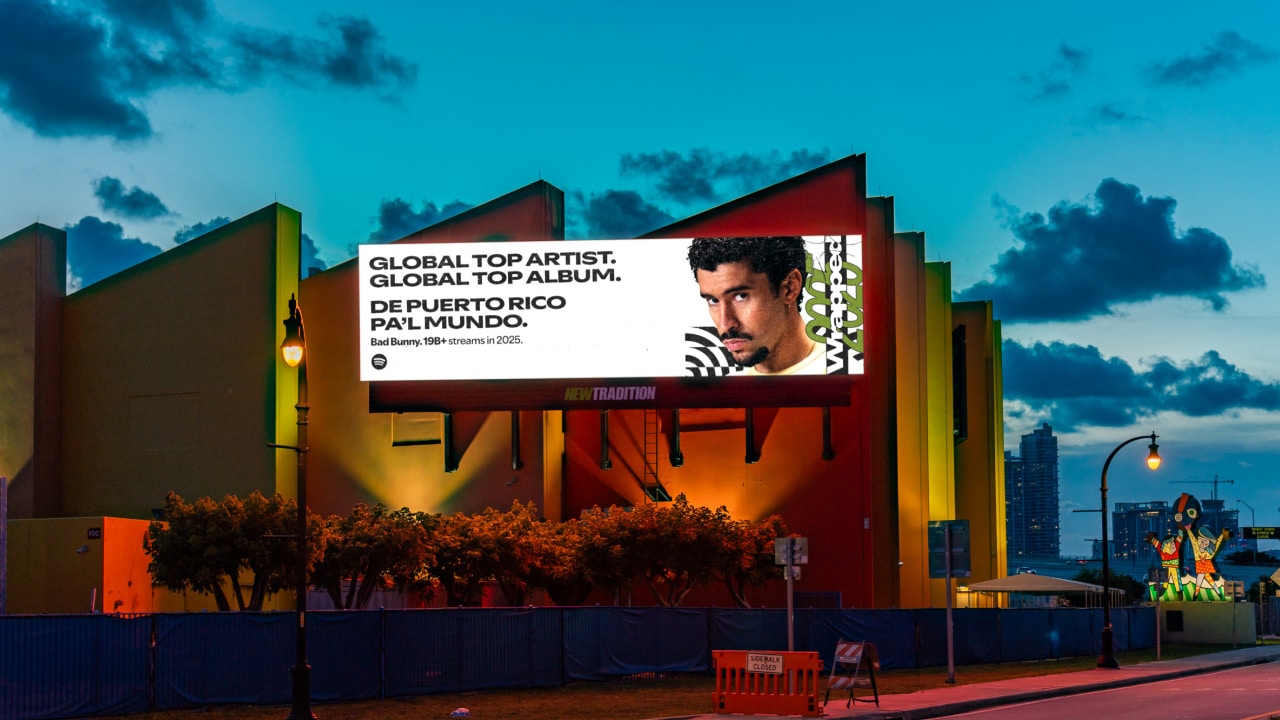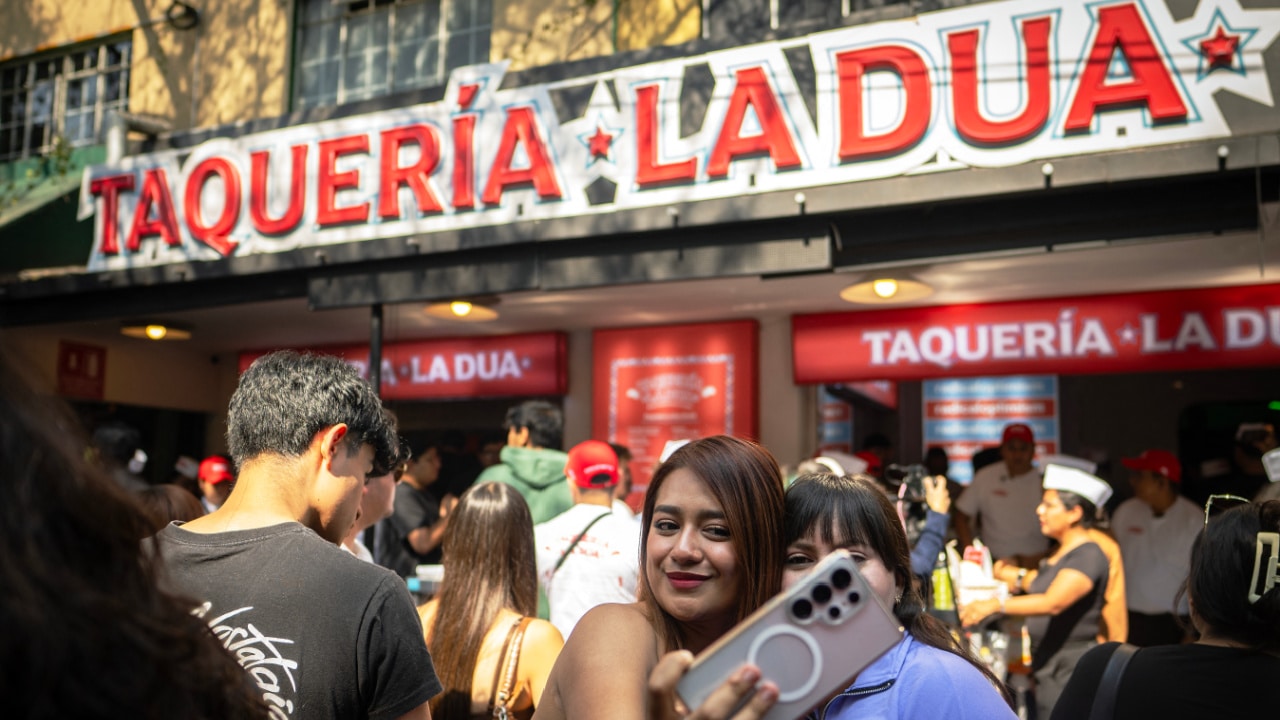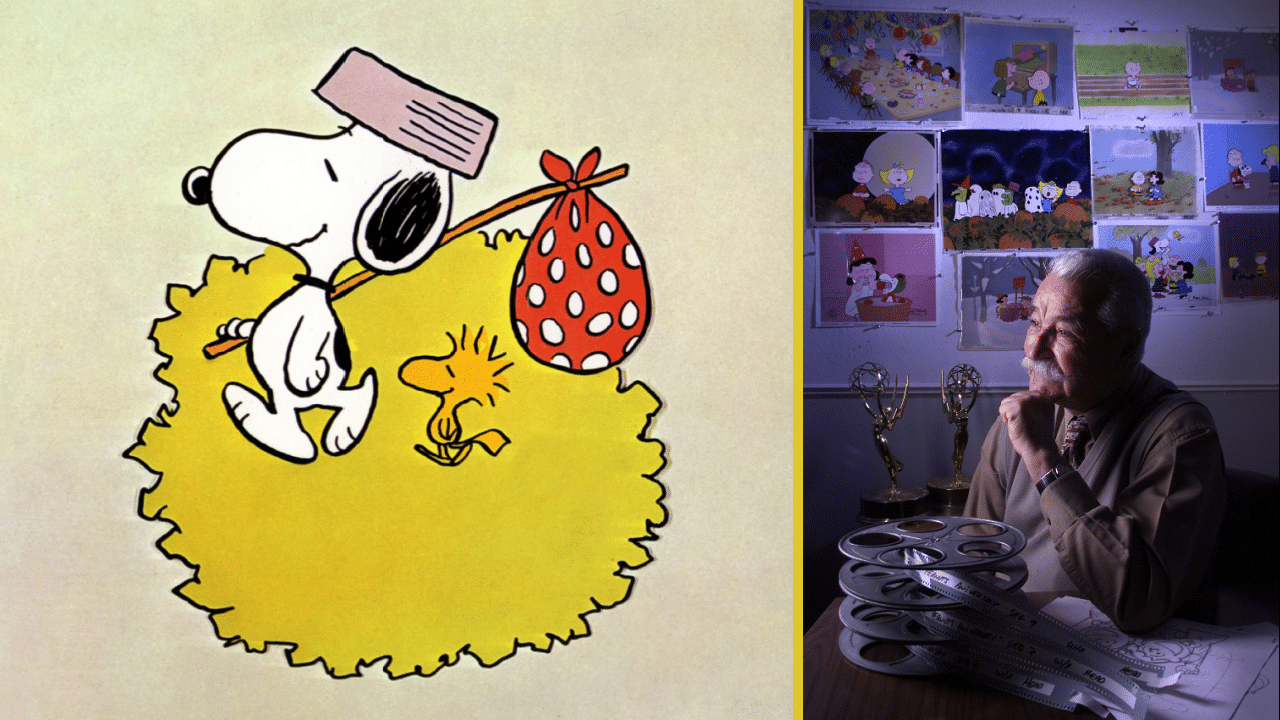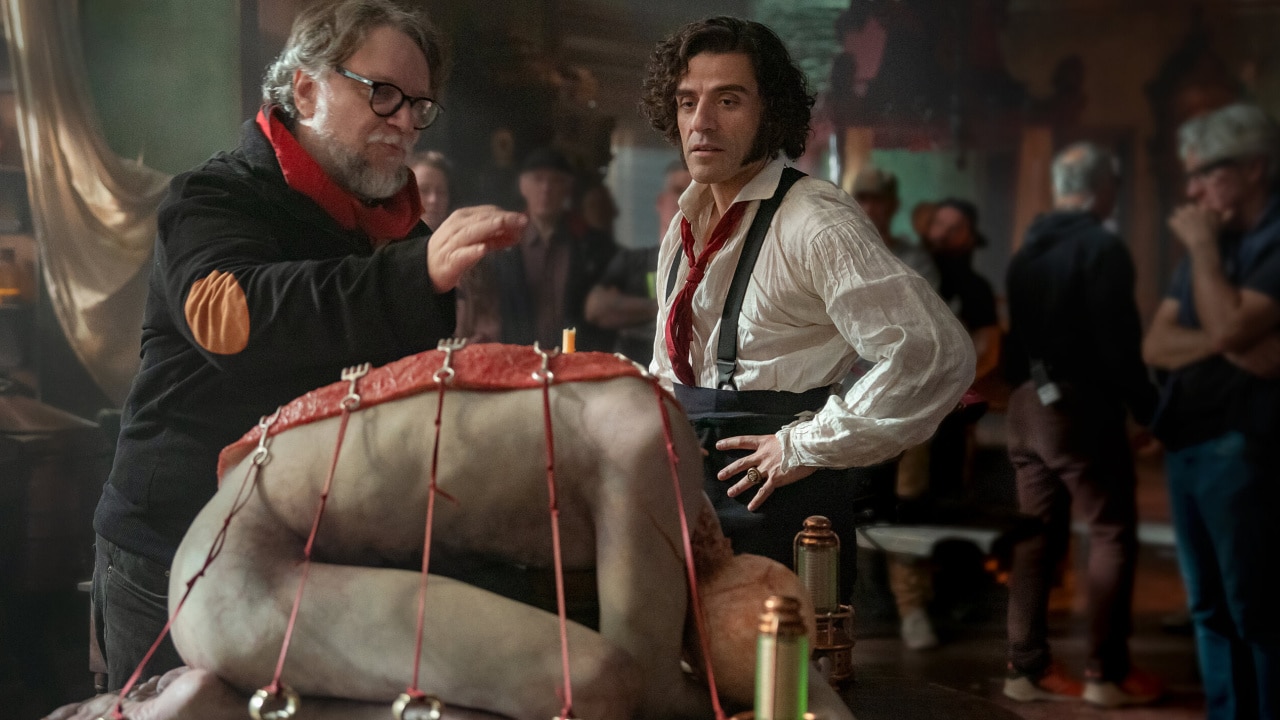‘Grand Theft Auto’ Franchise Introduces Their First Female Lead – And She’s Latina
Rockstar Games’ development process for “Grand Theft Auto VI” has coincided with major changes to the company culture, according to Bloomberg.
The game, which officially entered development in 2014, has undergone multiple rounds of rewriting, recalibrating, and reenvisioning relating to the structure of the game itself, as well as the ethical standards of Rockstar as a company.
One of the biggest changes so far has included a playable Latina character that will reportedly be one half of a Bonnie and Clyde-like duo of bank robbers in Vice City, a favorite location among many GTA superfans that’s modeled after Miami.
In an effort to combat the rampant misogyny of previous games, Rockstar has recruited a much more diverse team to prioritize inclusion alongside the series’ trademark political satire.
The game is being developed under the codename “Project Americas,” according to For the Win, in reference to the fact that GTA 6 was originally supposed to encompass locations across North and South America. Fans were promised an expansive map rivaling massive open-world games like “Fuel” and “The Crew 2.”
However, ethical changes to the company structure, which have drastically reduced the number of overtime hours that Rockstar employees would have to endure during what’s known as “crunch” time, have significantly slowed the development timeline as well as the scope of the game’s locales.
That said, Rockstar did hint at the idea of adding more cities and locations over time.
This has obviously led to backlash from fans who were excited at the prospect of a globalized “Grand Theft Auto” game, but Rockstar employees agree these reforms are ultimately for the better. The Bloomberg profile confirms that, in addition to a greater emphasis on diversity, the office culture has shifted from “a boys’ club” to “a real company.”
Many employees throughout the gaming industry cite the COVID-19 pandemic as a huge impetus for the changes, along with a series of sexual harassment allegations that surfaced from “Overwatch” developer Blizzard, Ubisoft and Riot Games. Rockstar has done its part to stay ahead of the game, restructuring their company policies in the wake of those allegations and implementing new policies to reduce the number of overtime hours.
One such policy is called “flexitime,” which balances overtime hours by granting employees an hour of time off for every hour of overtime they work. Additionally, the report reveals that Rockstar has transitioned many of its contract workers to full-time employment, and ousted a handful of the company’s more controversial figures, including Imran Sarwar, who was compelled to resign after numerous reports of verbal abuse.
The stark difference between Rockstar’s 100-hour work weeks and their more recent, manageable scheduling policies have contributed to a rise in morale across the board. Some of GTA 5’s more recent downloadable content (DLCs), like the Cayo Perico Heist, were developed by employees entirely at home during the height of the pandemic, reports GQ.
Before the reactionary fans have a chance to complain that GTA is “going woke,” it’s worth noting that at least politically, the GTA franchise has always had its fingers on the pulse.
The series’ trademark nihilism towards American politics and culture has never been anything but dead-on. However, the series’ more misogynistic tendencies were the result of a company whose employees reflected the callous and violent nature of its characters.
These changes have already begun to make themselves known, as with the critically acclaimed “Red Dead Redemption 2,” which featured a number of significant, well-developed female characters. Recent GTA 5 expansions and DLCs have starred more women as well, and the results speak for themselves.
This is undeniably some of the best work Rockstar has done, and if “RDR2” is any indication of what fans can expect from GTA 6, this could possibly be the best Grand Theft Auto game to date.
Inclusion has long been a “bad word” in the gaming community, as evidenced by the negative reaction from a vocal minority upon the release of Naughty Dog’s “The Last of Us Part II,” which features a female protagonist.
Similar campaigns against diversity, known as “review bombing,” have made their way to the forefront of gaming discourse, but developers from around the world agree that it’s time for a change.




